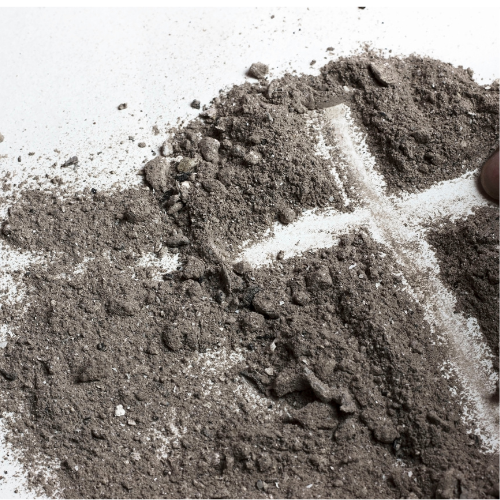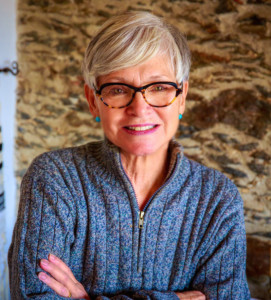This week my Catholic brothers and sisters participated in a ritual that has its roots in Jewish tradition – Ash Wednesday as it is called, actually originated in ancient biblical times – in the era of the Old Testament, as Christians would say, when the use of ashes held a special spiritual significance.
Looking back into Jewish tradition we find that ashes symbolized mourning, mortality, and penance. In the online journal, “Catholic Straight Answers,” the authors acknowledge this Jewish connection when we read that “In the Book of Esther, Mordecai puts on sackcloth and ashes when he heard of the decree of King Ahasuerus of Persia to kill all of the Jewish people in the Persian Empire (Esther 4:1).
In the book of Job (whose story was written between the 7th and 5th centuries B.C E.) we find that Job repented by wearing sackcloth and ashes (Job 42:6).
Daniel, who foretold the Babylonian captivity of Jerusalem, wrote, “I turned to the Lord God, pleading in earnest prayer, with fasting, sackcloth, and ashes” (Daniel 9:3).
Then In the 5th century B.C.E, after Jonah was ejected from the belly of the whale, he finally made his way to the town of Nineveh where the people repented by fasting and dressing in sack cloth and ashes.
Jesus, who was born, lived and died a Jew, was well-versed in the tradition of ashes as a symbol of penitence and “teshuvah” a Hebrew word that signifies the return to a God- guided life. In fact Jesus is said to make specific reference to ashes when her referred to the towns of Tyre and Sidon, rebuking them for their reluctance to engage in traditional practices of repentance by donning sackcloth and ashes. (Matthew 11:21)
As I observed my neighbors here in our southern Italian mountain village, many with ashes on their foreheads, I am gratified to see a Catholic tradition, adapted from Jewish tradition, that continues to this day. If we are open to investigation, we may find that among Jews and Christians, more unites than divides.

